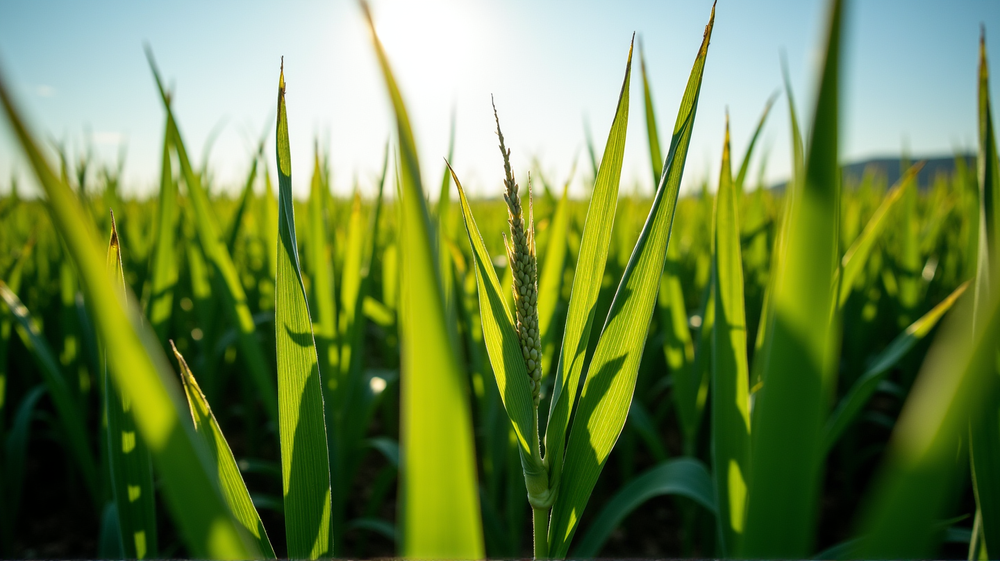The Miracle Molecule: Itaconate's Hidden Role in Boosting Plant Growth
The plant and animal kingdoms may seem worlds apart, but a surprising discovery is narrowing the gap: a molecule known as itaconate has been found to stimulate growth and enhance metabolism in plants. Once primarily associated with defending against viruses in animals, this metabolite’s newfound roles in plant biology could have groundbreaking implications for agriculture and biotechnology.
A Cross-Kingdom Exploration
The groundbreaking study, carried out by a team of biologists from the University of California San Diego and their international collaborators, offers a comprehensive look into itaconate’s functions in plants. Using advanced chemical imaging techniques, the team confirmed the presence of itaconate in plant cells, with a significant impact noted particularly in maize seedlings. “Watering maize plants with itaconate made seedlings grow taller,” explained Jazz Dickinson, the study’s senior author, fueling further inquiry into this molecule’s potential.
Unlocking Plant Potential with Itaconate
Itaconate’s impact on plant physiology goes beyond mere growth stimulation. The molecule is involved in key processes crucial to plant survival, such as primary metabolism and coping with oxygen-related stress. These discoveries suggest that optimizing itaconate’s natural benefits could be a safer alternative to synthetic chemicals for boosting crop yields—a critical factor as global food demands soar.
Bridging Plant and Human Biology
Interestingly, the study’s implications extend beyond agriculture. Since humans also produce and utilize itaconate, understanding its functions in plants may unveil new insights into human biology. The cross-disciplinary collaboration, including specialists from Stanford University and Peking University, highlights the potential of using nature-inspired solutions to address challenges in both plant and human health.
A Pathway to Sustainable Crops
According to Technology Networks, developing a deeper understanding of the intersections between plant and animal biology could pave the way for revolutionary approaches in sustainable agriculture. “We hope our findings will lead to nature-inspired solutions to improve the growth of crops, like corn,” Dickinson stated, underscoring the broader significance of this inter-kingdom study.
As we move towards a future where biology and technology increasingly intersect, understanding molecules like itaconate may well be key to developing strategies for enhanced growth, better health, and sustainable practices.




